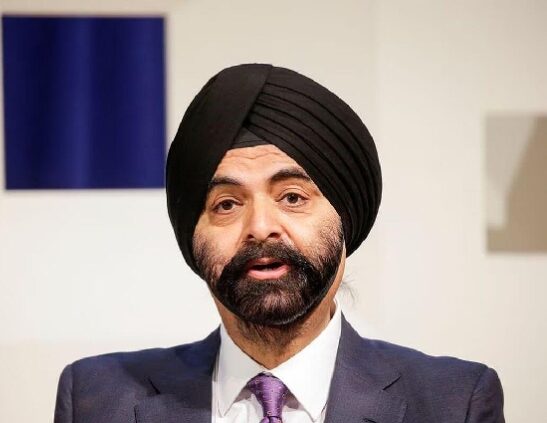


World Bank Group President Ajay Banga has urged developing countries to strengthen regional trade ties amid rising global trade tensions and tariff uncertainties.
He explained that such efforts would help nations navigate the complexities of global trade, especially following U.S. tariffs imposed on many countries, and promote economic resilience.
Speaking at a press briefing ahead of the 2025 Spring Meetings of the World Bank Group (WBG) and the International Monetary Fund (IMF), themed “Jobs – The Path to Prosperity,” Mr. Banga emphasized the central role of developing countries in global trade.
He noted that over the past two decades, developing countries’ share in global trade had grown significantly, with their exports increasing from one-fifth to two-fifths and half directed to developed countries.
Mr. Banga said that current trade developments required strengthening regional ties through more efficient border processes, lower trade costs, less friction, clear rules of origin.
“These can boost trade volumes and support more stable and diversified growth,” highlighting the deeper benefits of regional trade,” he added.
Addressing private sector involvement, Mr. Banga observed that anticipated private financing for development initiatives had not materialized as expected in recent years.
“The private capital that over the years people have spoken of—the billions to trillions—that era did not show up in the scale everybody hoped. It wasn’t because the money didn’t exist,” he said.
“It’s because the conditions were dried for that money to be employed for the purposes we wanted. Too often, regulatory uncertainty, currency risks, and political instability kept investors on the sidelines,” he explained.
Mr. Banga challenged developing countries to establish the necessary systems, infrastructure, and regulatory frameworks to attract private sector financing for job creation.
He added that the World Bank’s Private Sector Investment Lab would address barriers in key sectors, including energy, infrastructure, agribusiness, healthcare, tourism, and manufacturing.
The Bank also engaged in constructive dialogue with the U.S. administration, despite ongoing uncertainty.
“I don’t know where it’ll end, but I’ve got no problem with the dialogue I’m having… they’re asking the right questions, and we’re trying to give them the right answers,” he said.
By May 2023, 54 countries had committed to implementing the African Continental Free Trade Area (AfCFTA), a groundbreaking initiative to create a unified, liberalised market across Africa.
Established in 2018 by African Union (AU) member states and headquartered in Ghana, the agreement had 47 countries deposit their instruments of ratification by July 2023.
Since trade commenced under AfCFTA in 2021, nations including Ghana, Cameroon, Kenya, Egypt, Mauritius, Rwanda, and Tanzania have actively engaged in trading goods like ceramics, palm oil, car batteries, and coffee, reflecting the agreement’s potential to boost intra-African trade and economic integration.
Source: GNA
The post World Bank president calls for regional trade amid tariff uncertainty appeared first on Ghana Business News.
Read Full Story

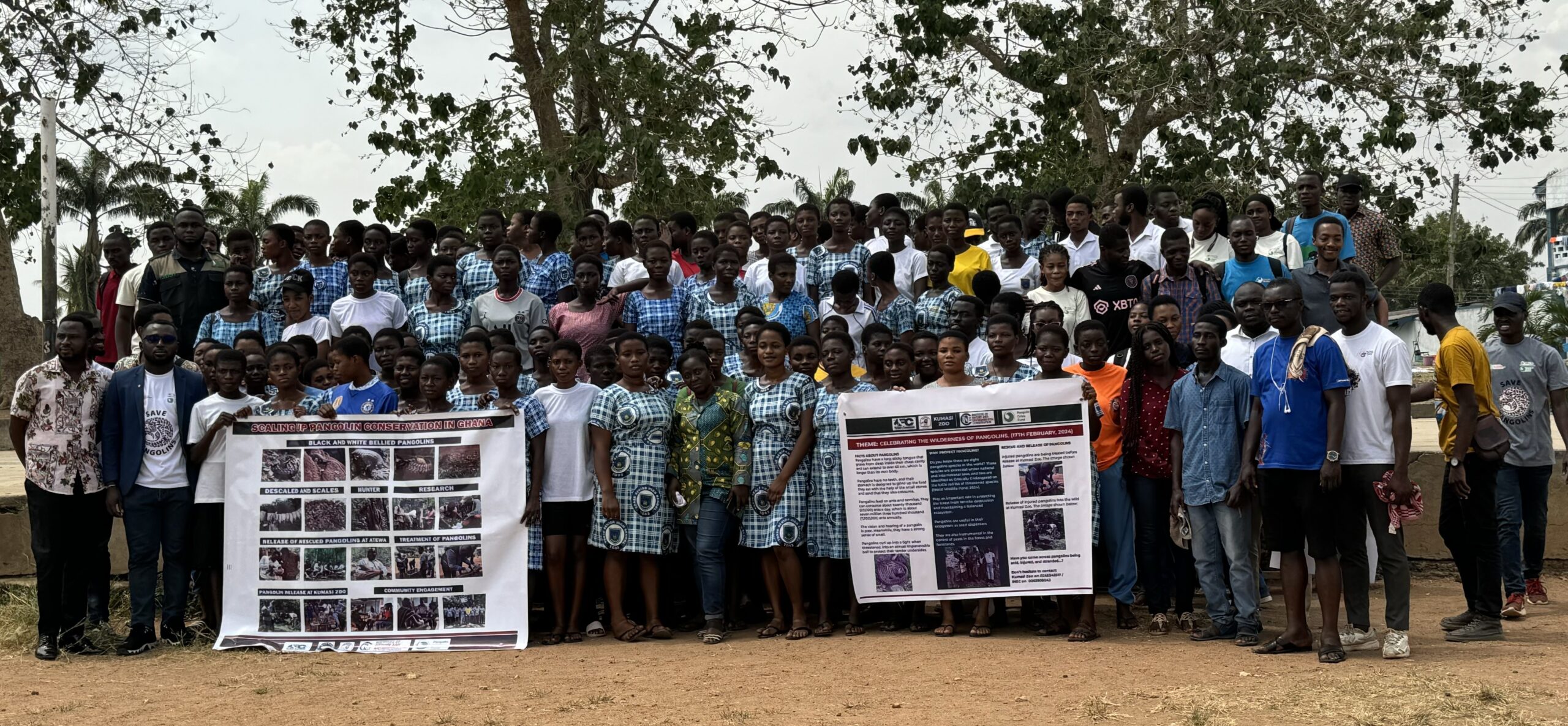


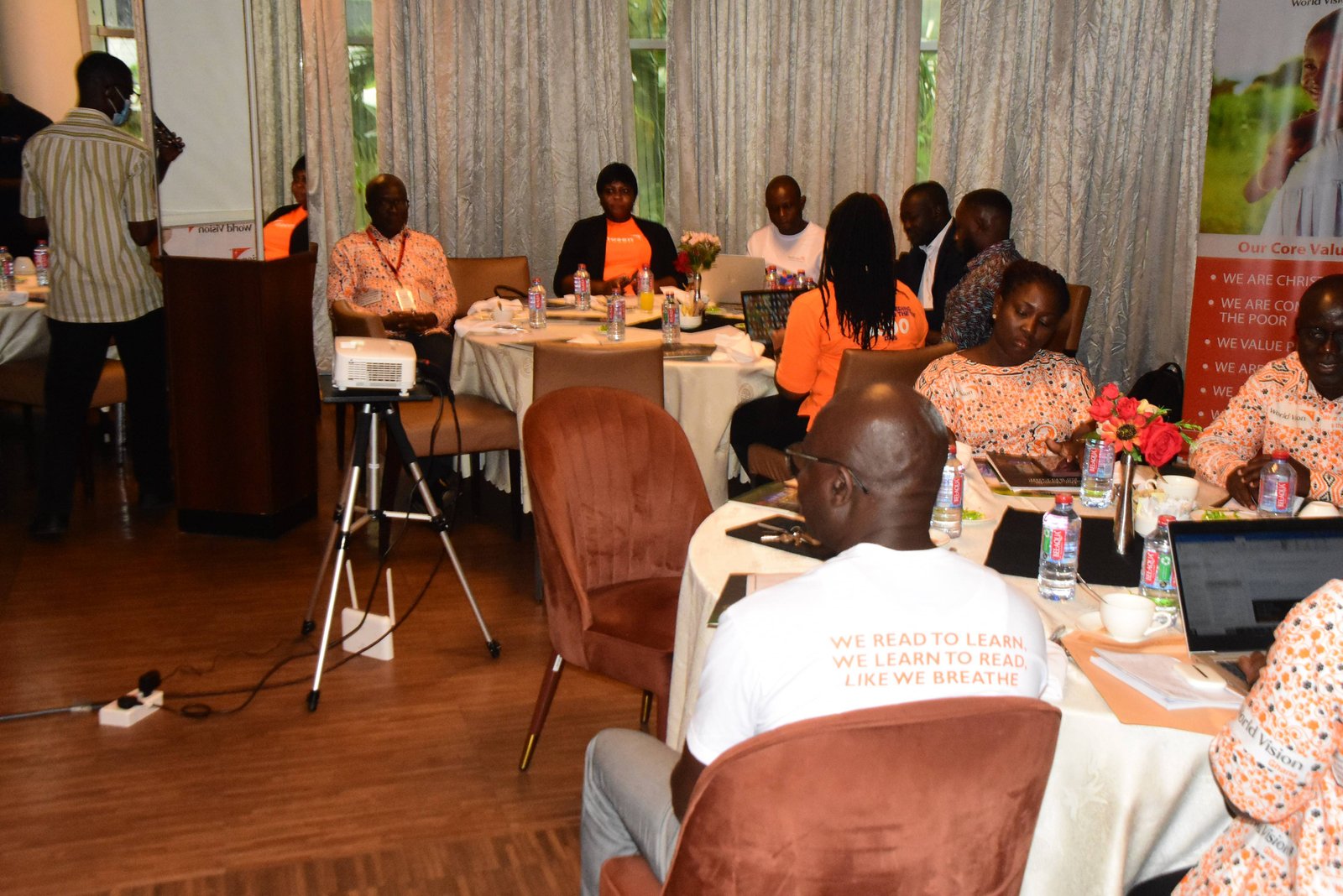




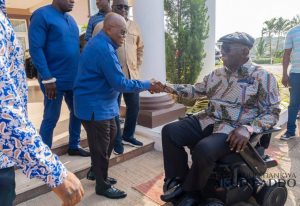
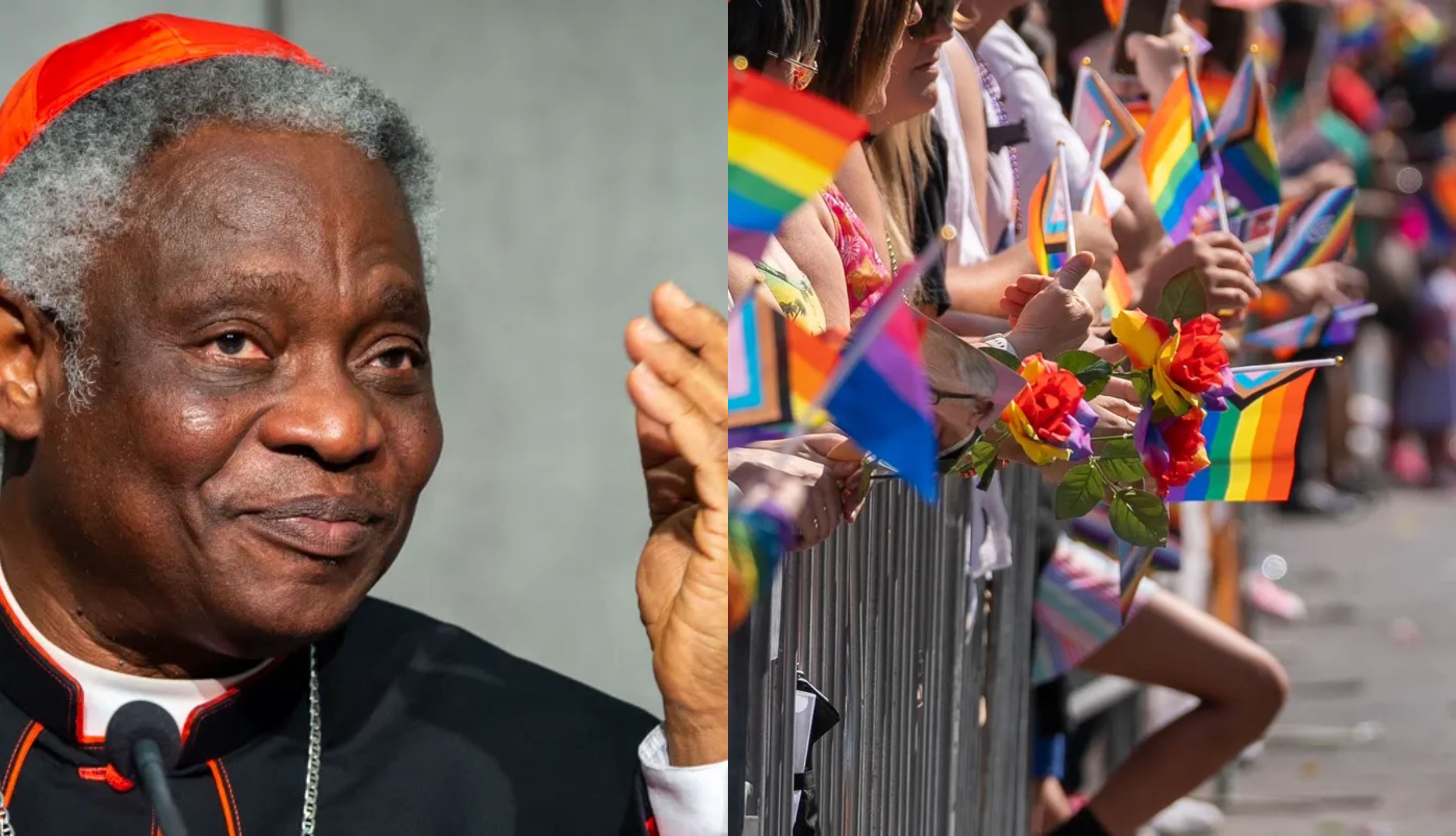
Facebook
Twitter
Pinterest
Instagram
Google+
YouTube
LinkedIn
RSS